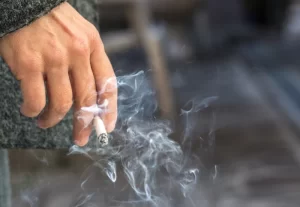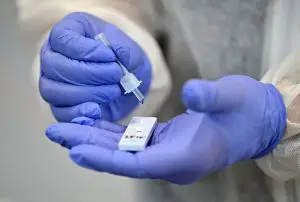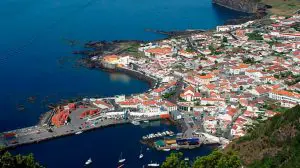Honey production down
… as bad weather impacts

Açoriano Oriental reports that Casermel (Cooperativa de Apicultores e Sericultores de São Miguel) recorded a 40% drop in honey production last year compared to 2020. The main reason for this drop in production was bad weather, with rain and strong winds that lasted until the beginning of summer, harming the flowering of the plants.
Thus, in about a thousand hives belonging to Casermel’s associates, only about six tons of honey were obtained during the year 2021, of which 80% are for self-consumption. As stated in statements to Açoriano Oriental, the chairman of the board of Casermel, Alfredo Martins, this drop in production during the past year was mainly due to two factors.
“We have the famous incense honey, unique in the world, but it only takes a little bad weather in March/April that, as it is a very fragile flower, the incense honey disappears, because the flowers disappear”, explains Alfredo Martins .
In addition to this factor and after the period of incense honey collection, in June/July, “when we were supposed to have a good flowering of the other plants that appear at that time, there was a lot of rain again and some plants ended up with no bloom and others did not allow the bees to leave to collect the honey”, adds the president of Casermel’s management.
Increasing degradation of the beekeeping flora
To these specific factors from last year, Alfredo Martins adds yet another factor, this structural one, which is the “increasing degradation of the beekeeping flora”, of which, in the specific case of the island of São Miguel, the fact that “ we have a green island, but we don’t have flowers, since we have a lot of pasture, but the old clover pastures disappeared due to intense fertilization, and today we have herbs that give an ear for animal use”.
The effect of this situation, says Alfredo Martins, is that “if we talk to older beekeepers, about 30 years ago, a beehive could produce about 40 kilos of honey a year and today if it produces 15 kilos, it is already very good” .
Even so, the president of the direction of Casermel says that it is necessary not to let beekeeping die and, therefore, the cooperative has developed training actions to raise people’s awareness and to attract new producers.
Alfredo Martins also recalls that the island of São Miguel is one of the six islands of the Azores free from varroa – a parasite that affects beehives around the world – which eliminates the use of medicines for the treatment of honey and puts the honey of São Miguel as a product highly valued in markets such as the German or the French, especially incense honey, which is only produced in the Azores, essentially in São Miguel.
Casermel longs for land to build Meleira power station
Casermel – Cooperativa de Beecultores e Sericultores de São Miguel has been pursuing for four years the objective of being able to build a honey plant, where its producers can extract honey under industrial conditions, which are essential for marketing honey abroad.
In statements to Açoriano Oriental, the chairman of the board of Casermel, Alfredo Martins, recalls that “we have been trying for four years with the Government, which has already made itself available to give us land for us to have a meleira plant, with São Miguel being the the only island that does not have facilities for the extraction of honey in a community way, despite being the largest producer of honey”.
In this industrial honey factory, the honey of all Casermel associates would be extracted and treated, which would be essential for the small producers of São Miguel to also be able to market their honey outside the Region and not just for the local market.






